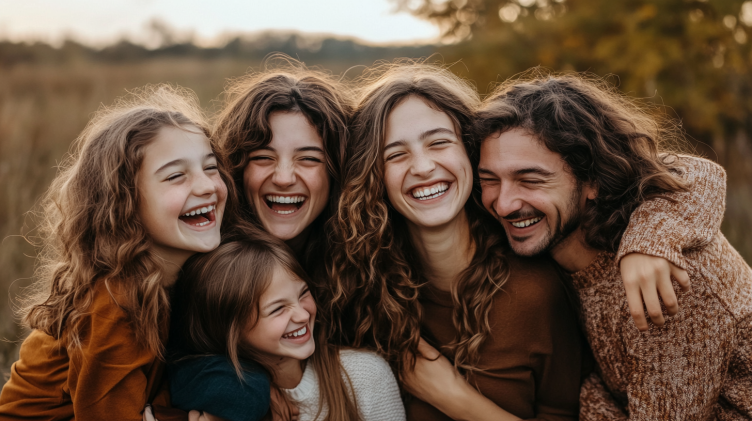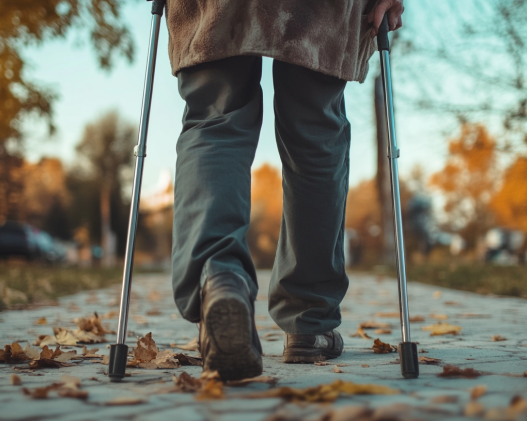Introduction: Why Are We Drawn to Certain People?
Have you ever wondered why some people instantly feel like long-lost family? Or why you can go from barely tolerating someone to becoming inseparable best friends? On the flip side, why do some friendships seem impossible to form, no matter how hard you try? While many might chalk it up to “fate,” the truth may be more scientific than mystical.
Genetics: The Hidden Link Between Friends
Genes and Friendships: More Alike Than You Think
Studies show that we often share more genes with our friends than with strangers. A groundbreaking study published in PNAS found that friends’ genetic similarities were comparable to those of distant cousins, despite having no direct familial ties. In fact, our genetic connection to friends could be as strong as that of relatives up to four generations apart.
This study, involving over 1,900 participants, found that while friends may not share direct ancestry, they do share an unexpectedly high degree of genetic similarity.

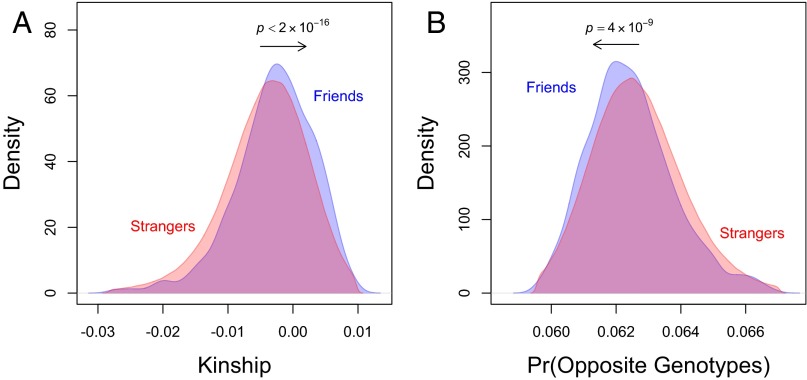
Research Screenshot
How Similar Are We?
Genetic Traits That Make Us Bond
From a biological perspective, everyone has a unique genetic code. Yet, it turns out that you and your best friend may share many similarities. For instance, both of you might have a similar sense of smell, which could explain why you’re drawn to the same places and experiences. You might even have a shared attraction to a particular flavor, like the taste of chocolate cake at a local dessert shop, which sparks an instant connection.
On the other hand, some differences in genetic traits, like those related to the immune system, can make friendships even stronger. These genetic variances might enhance health by making the group more resilient to diseases, further proving that our friendships could be part of a larger evolutionary design to ensure survival.
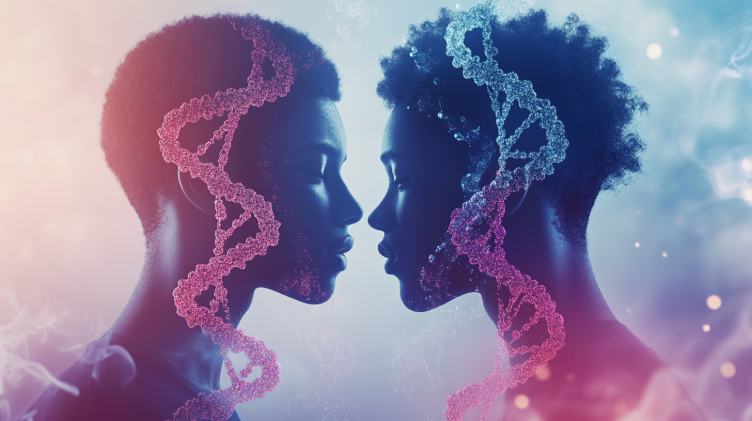
Friendship Beyond Genetics: How We Affect Each Other
Food, Health, and Friendship
As friendships develop, habits and even health can begin to mirror one another. For example, friends often start to eat the same foods, influencing each other’s diet. Research in Australia showed that teens who ate healthy foods together were more likely to keep up good eating habits. These small habits can lead to significant health benefits, such as reducing the likelihood of skipping meals.

The Weighty Matter of Friendship
Gaining or Losing Weight Together
It turns out that friends often gain or lose weight together. A study in The New England Journal of Medicine revealed that if one friend gains weight, the other is likely to gain weight as well. In fact, the “obesity contagion” effect among friends is stronger than between family members or even romantic partners.

Microbiomes: The Hidden Bonds
Shared Gut Bacteria
One of the most surprising discoveries comes from gut health. Friends who spend more time together have similar gut microbiomes. In a Yale study published in Nature, it was found that close friends shared 10% of the same gut bacteria. This similarity helps explain why our behaviors, and even our immune responses, are often in sync.
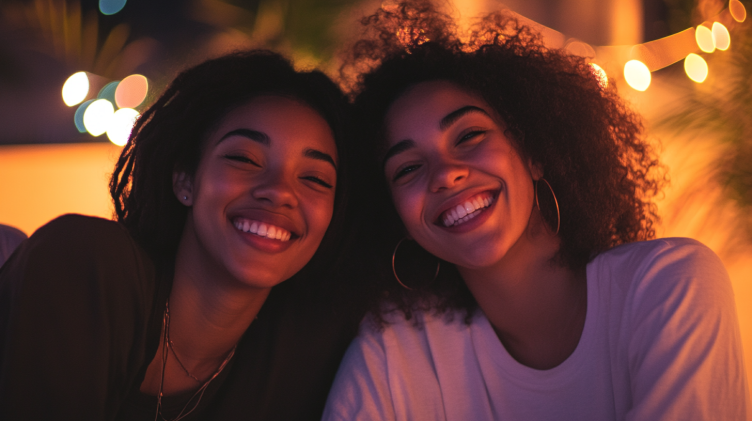
Friendship and Mental Health
More Than Just Fun: Emotional Benefits
Friendship brings more than just shared memories; it provides vital emotional support. Studies show that strong friendships help reduce loneliness and depression, providing a foundation for better mental and physical health. People with close friends have lower rates of chronic diseases and even tend to live longer.

Conclusion: Friends Are Family We Choose
The phrase “friends are the family we choose” rings truer than ever. Whether through shared genetics or simply spending enough time together, we develop bonds that mimic familial ties. These bonds provide us with support, joy, and health benefits, making friends not just companions, but essential to a long and healthy life.







